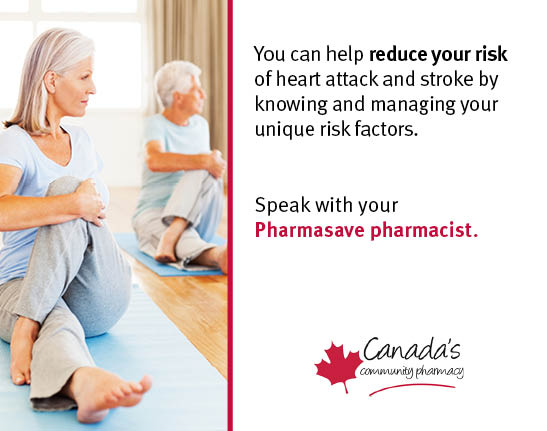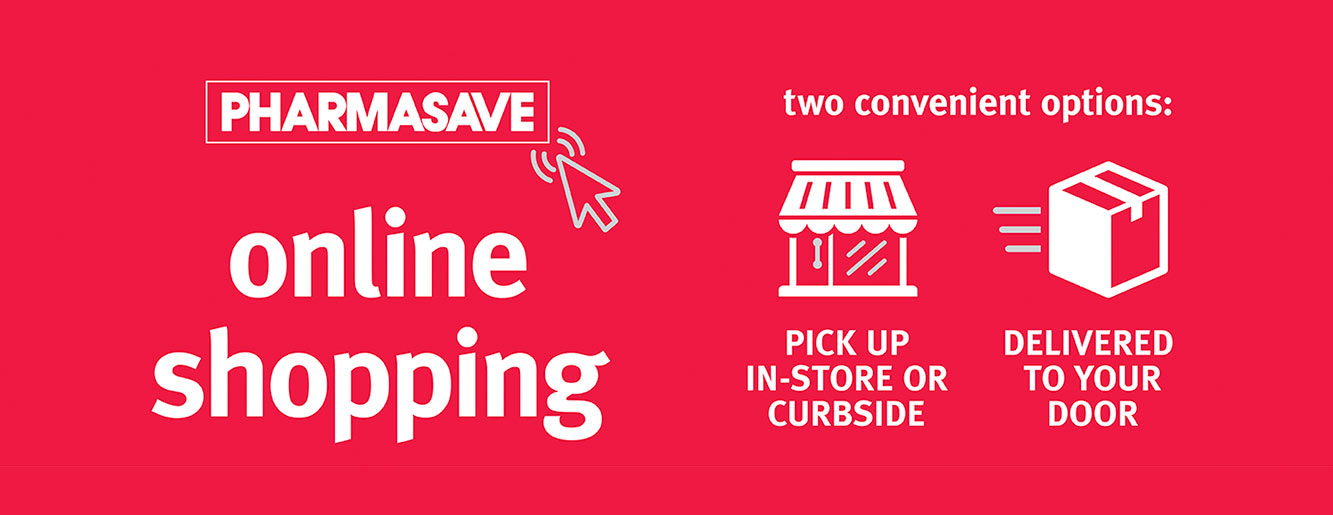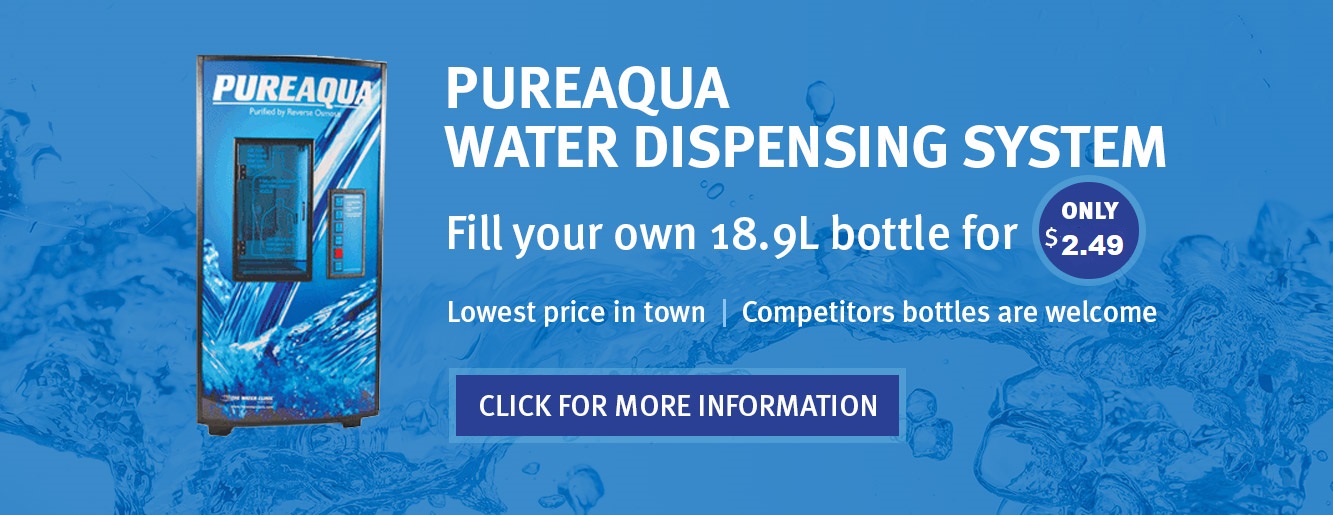
February – Heart Health
Heart disease: 10 things you should know
- Heart disease can cause different symptoms in women.
Although women experience classic symptoms of heart disease such as chest pain, nausea, sweating, and other symptoms, women also experience other symptoms. For example, women are more likely to experience symptoms such as:
- unusual tiredness
- heartburn
- difficulty breathing
- anxiety
- vomiting
- a general feeling of discomfort or weakness
- paleness
These symptoms may occur up to a month before a heart attack. If you experience any of these symptoms or think you might be having a heart attack, get immediate medical attention.
- There’s a lot you can do to prevent heart disease.
Although you can’t control risk factors such as age and family history, there is a lot you can do to prevent heart disease. Eating a healthy diet, exercising regularly, controlling your cholesterol and blood sugar levels, maintaining a healthy weight, and quitting smoking will all reduce your risk of heart disease.
- Men aren’t the only ones who get heart disease.
Although women are less likely than men to have heart disease before menopause, the playing field evens out when women reach menopause. Men over 50 years of age and women who have gone through menopause have the highest risk of heart disease.
- Heart disease is the second leading cause of death in Canada.
Heart disease is a significant cause of death and is a major health concern in Canada. Overall, heart disease is the second leading cause of death in Canada. Fortunately, you can do a lot to reduce your risk of heart disease.
- Heart disease is not just hardening of your arteries.
Heart disease refers to a number of conditions. Hardening of your arteries, also called coronary artery disease (CAD), is just one of these conditions. Other types of heart disease include arrhythmias (abnormal heart rhythms), heart failure, heart valve disease, heart muscle disease, and congenital heart disease. Coronary artery disease, however, is the most common type of heart disease.
- Not all fat is bad.
We need fat in our diets in order for our bodies to function well. The healthiest type of fat is unsaturated – it can actually help reduce cholesterol levels. Sources of unsaturated fats include olive oil, canola oil, peanut oil, salmon, sardines, and flaxseed. Healthy fats are also found in avocados and certain nuts (e.g., almonds, pistachios).
So how much healthy fat should you eat? Approximately 20% to 35% of your daily calories should come from fat. For most women, this means 45 to 75 grams of fat per day; for men it’s 60 to 105 grams per day. Try to stay away from unhealthy saturated and trans fats contained in butter, certain meats, coconut oil, palm oil, certain margarines, and some packaged crackers and cookies.
- Knowing heart attack warning signs could save your life.
Everyone should know the warning signs of a heart attack. Early recognition and treatment could save your life. The signs to watch out for include:
- sudden chest pain, squeezing, fullness, or pressure
- shortness of breath
- nausea
- sweating
- cool and clammy skin
- fear and anxiety
If you experience any of these symptoms or someone you are with is experiencing them, get immediate medication attention. For more information about heart attack symptoms and what to do if they occur, read “Heart attack: Know the symptoms.”
- Heart disease is treatable.
Although heart disease is a major cause of death in Canada, over the last decade the incidence of heart disease has decreased. This is likely due to improved prevention, detection, and treatment. If you are diagnosed with heart disease, your doctor will work with you to develop an appropriate treatment plan that will involve lifestyle changes and possibly medications or surgical procedures.
- It’s important to know your heart health numbers.
If you know your cholesterol levels, body mass index (BMI), blood pressure, and blood sugar numbers, you can be in better control of your health and heart disease risk. Work with your doctor to develop a plan to keep your heart health numbers under control.
- Most people with heart disease can exercise.
Although exercise can put stress on the heart, the right kind of exercise makes your heart stronger, can reduce your cholesterol and blood pressure, and can reduce the risk of your heart disease worsening. Talk to your doctor before starting an exercise program to make sure it is heart-safe.
Ask Your Pharmacist
Q: Will taking a low dose ASA daily prevent a heart attack and stroke in healthy people?
A: if you’ve already had a heart attack or stroke, there is evidence that indicates taking a low dose acetylsalicylic acid (ASA) daily may reduce the risk of having another one. However, there is some controversy whether taking a low dose ASA daily would help decrease the risk of a first heart attack in healthy people. The risks and benefits vary for everyone and many factors need to be considered so it’s important to speak to your pharmacist for further information before beginning to take low dose ASA daily.
Speak to your Pharmasave pharmacist today for further information.
Health Tip
If you’ve made a commitment to become heart healthy this year, here are a few tips to help you keep on track. When planning to get more physical activity, pick things that you enjoy doing, but don’t overdo it and always have a clear plan to help you stay motivated. If your goal is to eat healthier, try preparing meals ahead of time to avoid eating processed foods. Take small steps towards your goal and don’t forget that sometimes it’s okay to treat yourself from time to time. Also, if you’re working on maintaining a healthy weight, try not to choose an overly strict diet that is difficult to follow. And, if you’re aiming to become tobacco free, have a plan for cravings and try again if you slip up. It may take several tries before kicking the habit. Have more questions? Speak to your Pharmasave pharmacist for more tips.
All material © 1996-2013 MediResource Inc. Terms and conditions of use. The contents herein are for informational purposes only. Always seek the advice of your physician or other qualified health provider with any questions you may have regarding a medical condition.



